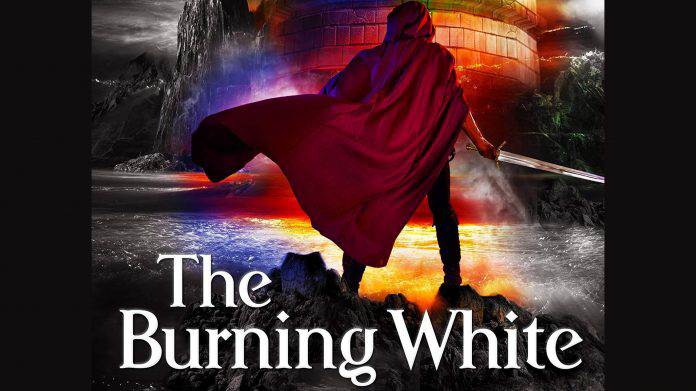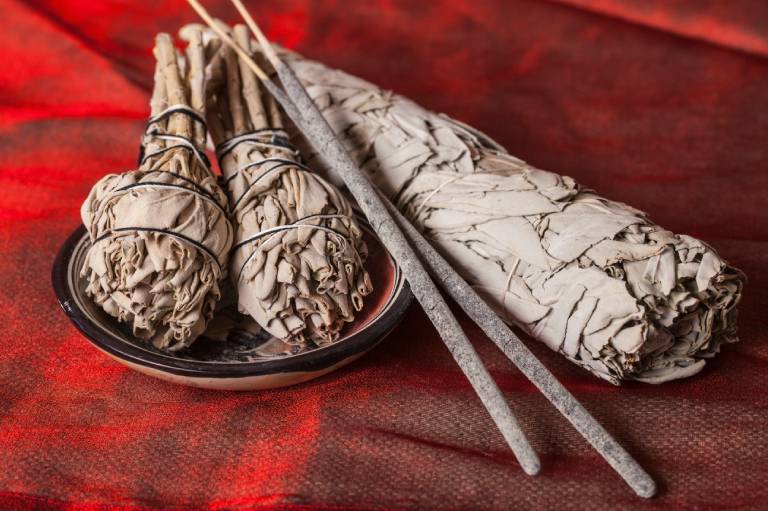

The Earl of Bathurst, serving as Secretary of State for War and the Colonies, dispatched an army brigade and additional naval vessels to the imperial fortress of Bermuda, from where a blockade of the US coast and even the occupation of some coastal islands had been overseen throughout the war.

With the defeat and exile of Napoleon in April 1814, Britain was able to use its now available troops and ships to prosecute its war with the United States. Reinforcements were held back from Canada and reliance was instead made on the Canadian Militia and indigenous allies to bolster the British Army presence in Canada. The initial British strategy against the United States focused on imposing a naval blockade at sea, and maintaining a defensive stance on land. The war against France took up most of Britain's attention and military resources. The United Kingdom was already at war with the First French Empire when the Americans declared war in 1812. Following the storm, the British returned to their ships, many of which required repairs due to the storm. Bentley's house, known today as the Madison House, still exists. President James Madison, along with his administration and several military officials evacuated and were able to find refuge for the night in Brookeville, a small town in Montgomery County, Maryland President Madison spent the night in the house of Caleb Bentley, a Quaker who lived and worked in Brookeville. The British occupation of Washington lasted for roughly 26 hours. Less than four days after the attack began, a heavy thunderstorm-possibly a hurricane-and a tornado extinguished the fires and caused further destruction. forces had burned and looted York the previous year and had then burnt large portions of Port Dover.

The attack was in part a retaliation for prior American actions in British-held Upper Canada, in which U.S.

That night, his forces set fire to multiple government and military buildings, including the Presidential Mansion and the United States Capitol. Following their defeat of an American force at the Battle of Bladensburg on August 24, 1814, a British army led by Major-General Robert Ross marched on Washington City. It was the only time since the American Revolutionary War that a foreign power has captured and occupied the capital of the United States. The Burning of Washington was a British invasion of Washington City, the capital of the United States, during the Chesapeake campaign of the War of 1812. Admiralty House in Bermuda, where the British attack was planned


 0 kommentar(er)
0 kommentar(er)
